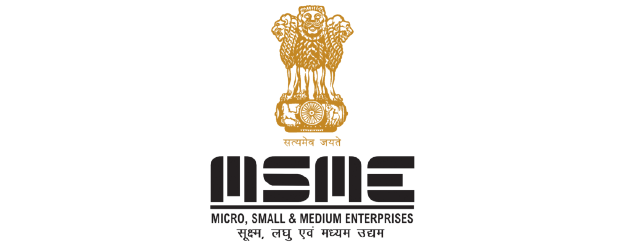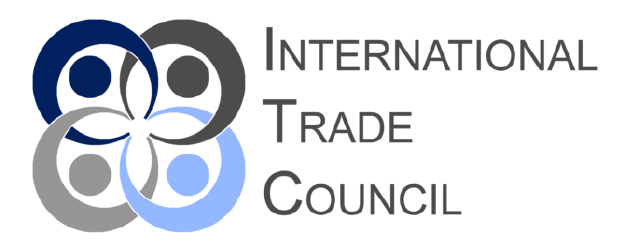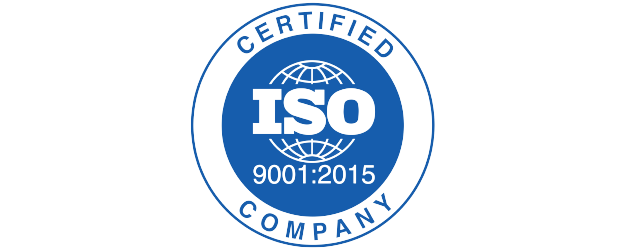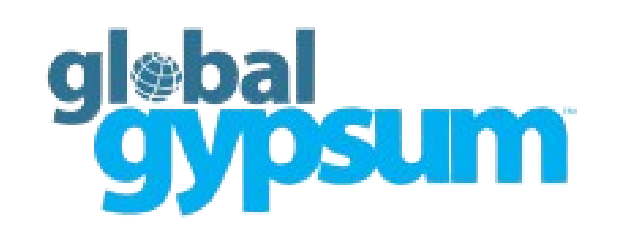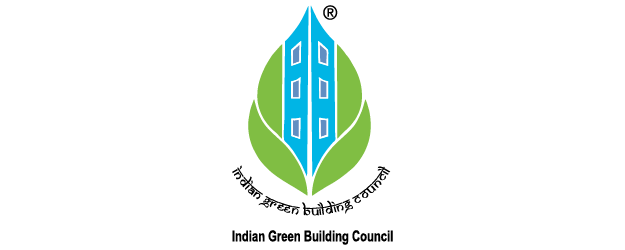Get it done from the experts
All Major builders have shifted to Gypsum Plastering Why not you?
We serve across all major cities in India.
We serve across all major cities in India.
Kanish Plasters is a fully trained plastering firm in Kerala specializing in rendering, dry lining, and gypsum plastering in Kerala for residential and commercial properties.

Gypsum has a rapid setting time. Thus, painting may begin 72 hours after gypsum wall plaster application. Before painting, the plaster must be completely dry.

Walls that are perfectly lined, leveled, and smooth, as well as flawless right-angled corners

Gypsum plaster has a density of 700 kilograms per cubic meter, 50% less than typical sand cement plaster, which has a thickness of 1860 kilograms per cubic meter. Thus, utilizing gypsum plastering in Kerala to plaster walls reduces the building's structural load.
Kanish Plasters specializes in interior plastering and has years of expertise repairing walls and ceilings to a smooth plastered surface so that the home's decoration may begin. Our professional plasterers are located in Kerala and have years of experience plastering interior walls and ceilings as part of residential and commercial property restoration projects. Our expert plasterers will produce plaster finishes of the highest quality using the best gypsum plaster brands in Kerala. As part of the surface covering process, we will guarantee that the surfaces of your walls and ceilings have both smooth surfaces and sharp, clear lines. Our plasterers, as plastering professionals, know to smooth or straighten the curves of damaged or uneven wall and ceiling surfaces by hiding any defects and producing an immaculate finish. After the plaster on your walls and ceilings has dried, you may begin decorating. Due to the high quality of the materials we use and our expertise, the surfaces should easily survive for decades if left undisturbed.
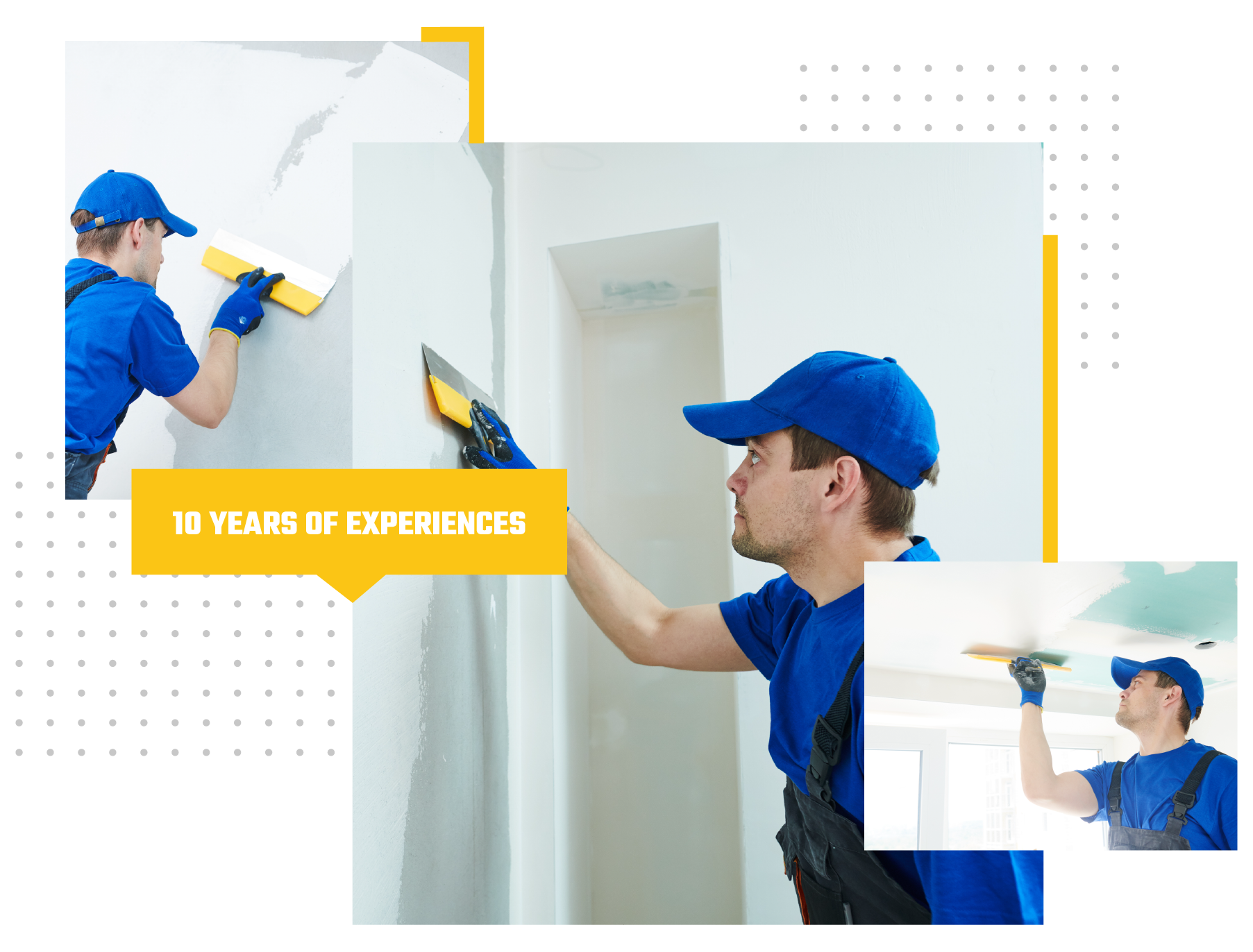
Our five-star team's commitment to offering a quicker, more affordable, and environmentally friendly plastering solution.
Nobody in India can match our quality and assurance due to our strict quality checklists and growing quality management system.
Ninety-five percent of our clients give us a five-star rating.
Ninety-eight percent of our projects have been finished on time, following the timeframes established by our clients.
We invest much in research to enhance the quality of our handiwork, our processes, and the longevity of the plaster.
From material procurement through application and quality control, we provide complete gypsum plastering services.
We refer to ourselves as gypsum maniacs, and our authority in the field of gypsum plaster has been recognized.
Sand Cement plaster takes 28 days of water curing before being smoothed with POP punning, which requires additional time. Within three days, you may finish your walls using Gypsum plaster and have a paint-ready surface (days as are necessary for complete drying)
Gypsum wall plaster is available in pre-measured bags. Simply add water, and you're set to go. River sand mining is detrimental to the ecology and is consequently prohibited in several states. Gypsum plaster is an excellent substitute for river sand in all indoor plastering applications.
Sand Cement plaster takes 0.6 kg/m2/day of water to cure. Thus, if your project is 1,00,000 square meters, you would demand 60000 liters of water every day. And, considering that Sand Cement plaster has a minimum drying period of 28 days, the quantity grows exponentially. Gypsum plaster walls eliminate the need for water curing, saving both money and the environment.
Shrinkage cracks are a significant issue in Sand Cement plaster and are produced by excessive hydration heat and poor curing. Because gypsum plaster does not have these issues, the walls are free of shrinkage cracks.
TMC plaster products are GRIHA approved, which simplifies the process of obtaining approval from regulatory authorities. Additionally, the use of TMC plasters on-site contributes to the achievement of 27 LEED points.
Gypsum plaster has a density of 700 kg/m3, which is more than half that of typical sand cement plaster (1860 kg/m3). Thus, the use of Gypsum plaster in Kerala for wall plastering reduces the building's structural load.
Compared to Sand Cement Plaster (0.72 W/m-K), our plasters have low thermal conductivity (0.25 W/m-K). It assists in keeping your home cool in the summer and warm in the winter, therefore reducing your energy costs.
Kanish is very professional and easy to work with. They are constantly learning the new trends in the market and offer quality service
It has been a real pleasure for me to have a company like kanish.Our project was extremely successful.Help us keep the cost less than budget. This was done without sacrificing quality”
Chemically, gypsum is known as calcium sulfate dihydrate (CaSO4 2H2O). There are three major types of gypsum found across the world.
Natural gypsum, like other minerals, is found under the earth’s surface. This gypsum is referred to as Natural Gypsum. Natural gypsum is mined and extracted using traditional methods under the earth’s surface.
Gypsum Wall Plastering in Kerala is a type of construction material used to plaster internal walls and ceilings with an even, smooth, and durable finish. Additionally, gypsum plaster maintains and protects the interior surface.
When combined with water in the correct proportions, gypsum wall plaster is put to a prepared surface to provide an ideal surface for painting.
Yes, gypsum plaster is a highly resistant and stable type of calcium sulphate hemihydrate. Mineral Gypsum is inert and entirely recyclable, making it an environmentally beneficial material.
Gypsum is a naturally occurring mineral that has remained in its native state for decades. For millennia, gypsum has been utilized for interior plastering. It is still intact in several tombs and pyramids today. Modern building in India has recognized this for decades; several projects completed with our Gypsum plastering between two and twenty-five years ago have demonstrated outstanding outcomes.
Gypsum is used for plastering across the world. Gypsum boards and plasters have been widely utilized in building throughout the United States and Europe for decades. In this decade, it is gaining significant acceptability in India.
Speed up your construction using gypsum plasters and don’t be left behind

